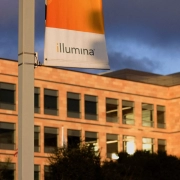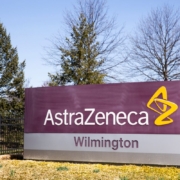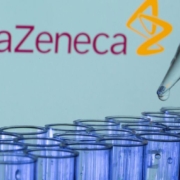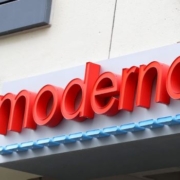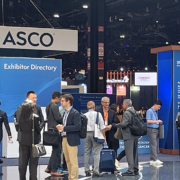Gilead secures $210M from VC to build Trodelvy’s clinical case in NSCLC
Published: Mar 01, 2024
By Tristan Manalac
BioSpace
Gilead Sciences has secured up to $210 million in financing from life sciences investment company Abingworth to help support the development of its antibody-drug conjugate Trodelvy (sacituzumab govitecan-hziy) in non-small cell lung cancer, the venture capital firm announced Thursday.
The investment will help Gilead run “select clinical studies” of Trodelvy, according to the announcement. As part of the financing deal, Gilead has also entered into a clinical collaboration pact with Launch Therapeutics, a biotech backed by Abingworth and its parent company Carlyle. A joint steering committee will oversee Trodelvy’s development under the funding agreement.
In exchange for its $210 million investment, Abingworth will receive a fixed payment from Gilead if the antibody-drug conjugate (ADC) successfully breaks into non-small cell lung cancer (NSCLC) and secures regulatory approval for the label expansion. The VC will also be entitled to royalties on net Trodelvy sales within NSCLC. However, Gilead will retain full rights to Trodelvy.
Designed to be administered via an intravenous infusion, Trodelvy is an ADC targeting the Trop2 transmembrane glycoprotein, which is typically highly expressed in several different types of cancers. Its payload, a small molecule topoisomerase I inhibitor, works by damaging the tumors’ DNA and triggers cell death.
Trodelvy, initially developed by New Jersey-based Immunomedics, first won the FDA’s approval in April 2020 for previously treated metastatic triple-negative breast cancer. The ADC has since picked up other indications, including locally advanced or metastatic urothelial cancer and HR-positive, HER2-negative breast cancer.
Gilead moved to acquire Immunomedics in September 2020, just months after Trodelvy’s first approval.
Thursday’s VC funding announcement gives Gilead’s oncology franchise a much-needed boost after a string of clinical stumbles.
In January 2024, Trodelvy flubbed the Phase III Evoke-01 study, unable to significantly improve overall survival (OS) in previously treated patients with metastatic NSCLC. Compared with the chemotherapy docetaxel, Trodelvy was only able to elicit a “numerical improvement” in OS.
In a subgroup of patients who were unresponsive to prior anti-PD-1 therapy—which comprised more than 60% of Evoke-01’s study population—Trodelvy treatment resulted in a three-month median OS advantage, though the study was not sufficiently powered to assess the statistical significance of this particular finding.
Last month, Gilead decided to discontinue the blood cancer development of magrolimab in acute myeloid leukemia after the FDA slapped a clinical hold on the candidate. A few days later the pharma also paused patient enrollment into all solid tumor trials of magrolimab following a partial clinical hold from the regulator.
Source: BioSpace

